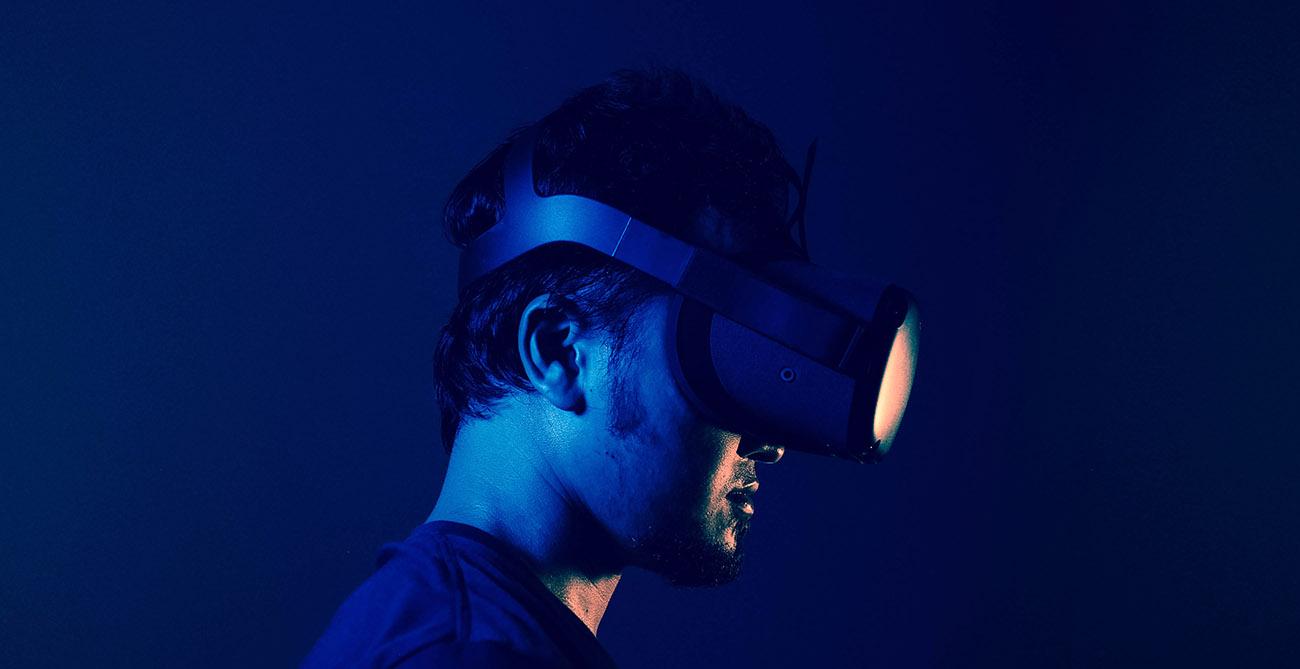
- About UPF-BSM
- Programs
- Faculty and research
- Companies and Organizations
- News & Events
Metaverse and education
29 Marzo - 2022
Jorge Carrión, Master in Literary Creation Director
--
Professor Jeremey Bailenson, from Stanford University, created his course Virtual People in 2003. Since then he has always included virtual reality (VR) experiences in his course. But, after videoconference classes during the pandemic, he has made the leap to the metaverse, that is, to pure virtuality. It is not the only similar initiative in the United States. Optima Classical Academy, for example, has also decided to move from the two dimensions of Zoom to the three of immersive environments. It proposes a curriculum for primary and secondary school students that alternates activities that can be followed through the computer screen or tablet with others that require VR glasses.
It is about the application to the educational field of the logic that has been imposed on society during the last fifteen years of exponential growth of technological platforms and social networks. Our lives have become digitized, as has our access to information and knowledge. We all have avatars, on Twitter, Facebook or LinkedIn, those profiles, those photographs, with our real names or nicknames, that define us and condition our interaction, on the personal wall or in the shared space of scrolling. The metaverses of Meta and other companies only convert that profile into a three-dimensional character and those walls, their own or those of others, into also virtual environments. The question is to what extent these tools improve or not the training.
Does it make sense for us to commit to Zuckerberg's project and that of other giant companies that are also making their metaverse projects a reality?
The famous video that Mark Zuckerberg launched last November sells the utopia of a parallel and happy life in his corporate metaverse. A space where leisure and work, education and friendship can coexist harmoniously, as they can without a doubt in the physical and, shall we say, real world. And there is no doubt that there are many advantages that these kinds of parallel realities can offer us as perpetual students in an ever-changing world. Attend conferences in remote places, experiment in super laboratories, visit museums around the world, talk with people from five continents, collaboratively build all kinds of projects and artifacts.
At the same time, it seems clear that the existence of this great metaverse requires massive support. It has been us, with our altruistic dedication, with our volunteer work, who have built Facebook and the rest of social networks. During the past decade we were not aware that this effort, which seemed pleasant, had, instead, a high cost. In terms of time, personal data, emotional exhaustion. New habits have brought new problems of all kinds (from the digital divide to new psychiatric pathologies). YouTube and TikTok pay their most successful content creators, but the rest of the networks continue to believe that our contribution of capital does not deserve monetary compensation. We also know that these corporations do not follow clear ethical standards. In light of all this, does it make sense for us to commit to Zuckerberg's project and that of other giant companies that are also making their metaverse projects a reality?
Perhaps the Spanish public universities, the European Union or UNESCO should promote their own virtual spaces. A quality public metaverse? Why not?
Or does it make more sense to think in state, international and public terms? China and South Korea are already building their own metaverses. Perhaps the Spanish public universities, the European Union or UNESCO should promote their own virtual spaces. Last month, Margrethe Vestager, the European competition commissioner, said the EU must understand the metaverse to regulate it. Undoubtedly, it is necessary to analyze the new technological trends – also cryptocurrencies, quantum computing or virtual people – in order to legislate on them, but perhaps one must also be proactive and not just reactive. Do not wait for Meta to make its macro-initiative a reality to judge to what extent it is or is not a monopoly, but to generate alternatives that prevent it from monopolizing the lives of our avatars from the outset. A quality public metaverse? Why not?